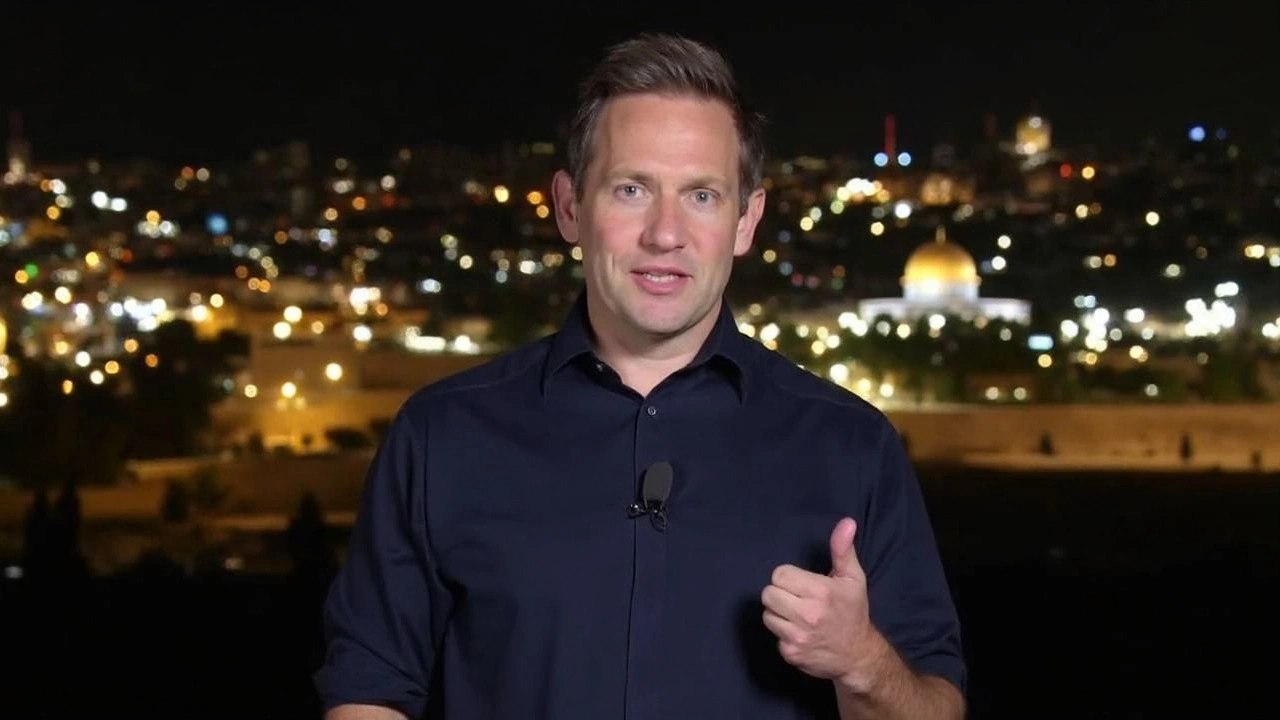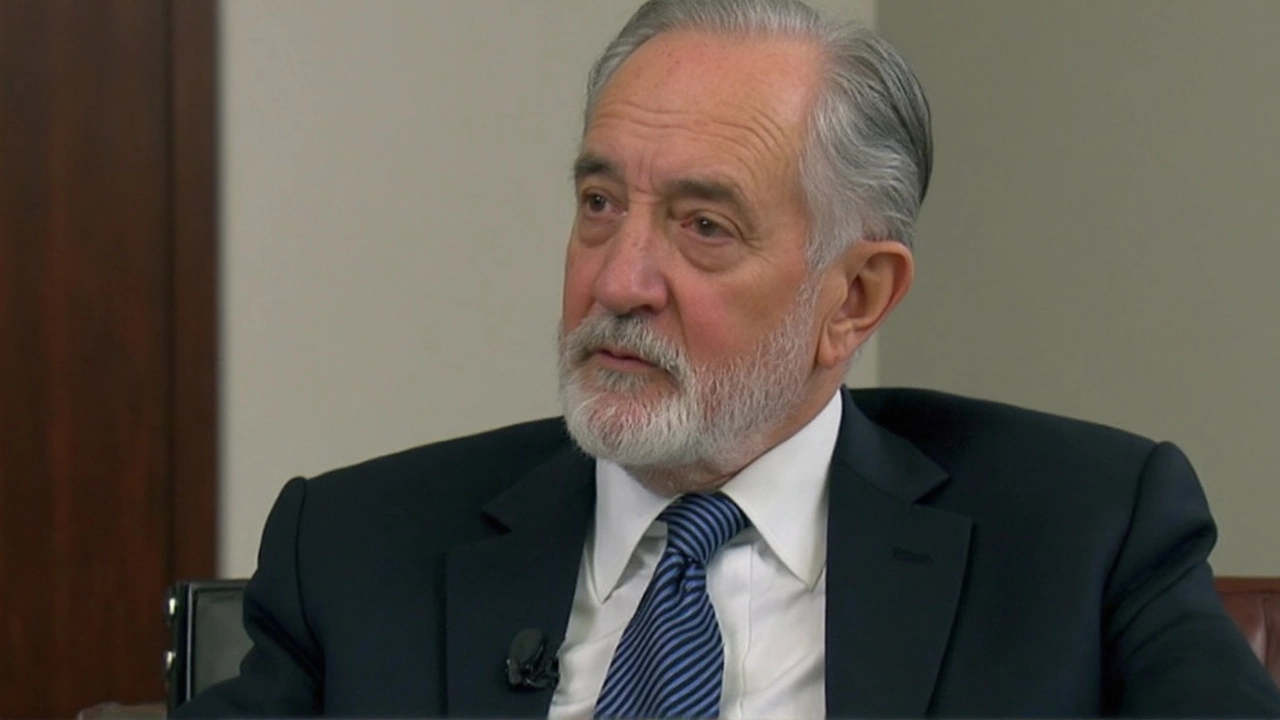US Declares Palestinian Statehood Off the Table—Ambassador Huckabee Signals Era-Defining Policy Change
Every so often, a single comment can break with years of carefully crafted policy. That’s exactly what played out when US Ambassador to Israel, Mike Huckabee, bluntly stated the US no longer views an independent Palestinian state as a foreign policy goal. This pivot could spell the end for an idea Washington has supported under both Democratic and Republican presidents: the two-state solution.
Huckabee, who’s never hidden his loyalty to Israel, went further than most American officials. He suggested not just shelving the long-touted plan to carve out a Palestinian state in the West Bank and East Jerusalem, but ditching it completely. Instead, he floated a wild alternative: if a Palestinian homeland is so necessary, Muslim-majority states nearby should be the ones giving up land—implying there’s simply "no room" alongside Israel under the current plan.
The ambassador’s words don’t land in a vacuum. They reflect the Trump administration’s approach that’s clearly tired of pushing old frameworks, especially with the Gaza war still raging. Huckabee put it bluntly: cultural changes needed for any kind of two-state deal won’t show up "in our lifetime." That sounds a lot like giving up—at least for now—on the entire premise of Palestinian nationhood next to Israel.

International Rifts and Mixed Signals from Washington
This doesn’t just shake up US policy; it puts Washington on a different track from its oldest European allies. France, for example, has been lobbying hard for a new UN conference to move Palestinian statehood forward. Huckabee mocked this, saying if Paris is so excited, it could "carve out a state from its own Riviera." Not exactly a diplomatic olive branch. France and others, who keep betting on the two-state solution, are finding themselves sidelined as US rhetoric shifts under Trump’s second term.
Back home, the response from Washington has been cagey. White House press secretary Karoline Leavitt refused to back Huckabee’s words or directly state the administration’s stance. Instead, she kept steering the conversation back to ending the war in Gaza and freeing hostages. The State Department, meanwhile, stayed silent, shuffling questions off to the White House—no clarifying statements, no commitments to the old policy.
Supporters of Palestinian statehood are furious, seeing Huckabee’s words as proof the US is walking away from even pretending to balance Israeli and Palestinian aspirations. Proponents of the two-state solution—from Congress to diplomats across Europe—are raising alarms, warning this will deepen mistrust, not just in the Middle East, but among allies who have banked on US leadership for stability.
It doesn’t help that Huckabee takes jabs at global institutions trying to resolve the crisis. He slammed France’s attempt to restart peace talks as "inappropriate" while fighting rages, poking fun at the idea of anyone but Israel being asked to compromise. His skepticism stretches to the whole idea that the tools of international diplomacy can crack open a conflict this bitter.
What does this all mean for Palestinians on the ground, or for Israelis who still hope for a permanent solution to the conflict? The answers aren’t clear, but the days of Washington as cheerleader for two states side-by-side seem to be over. The ambassador’s message is stark—don’t expect age-old strategies to come back soon, and don’t hold your breath for a roadmap out of the deadlock.
